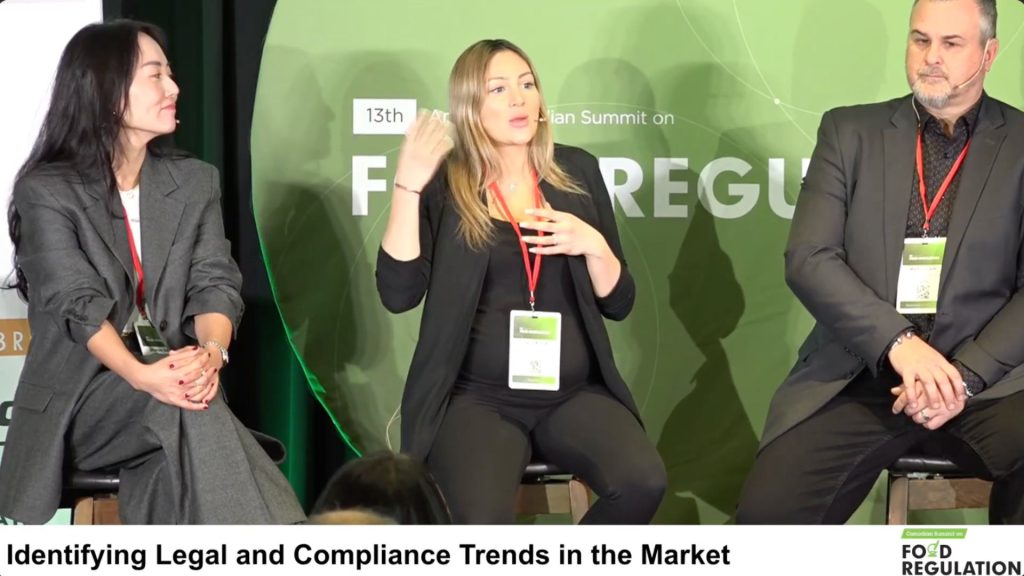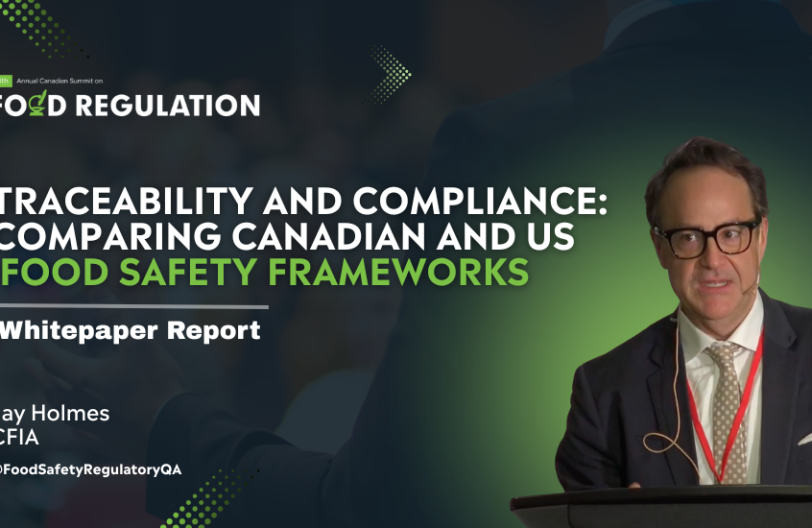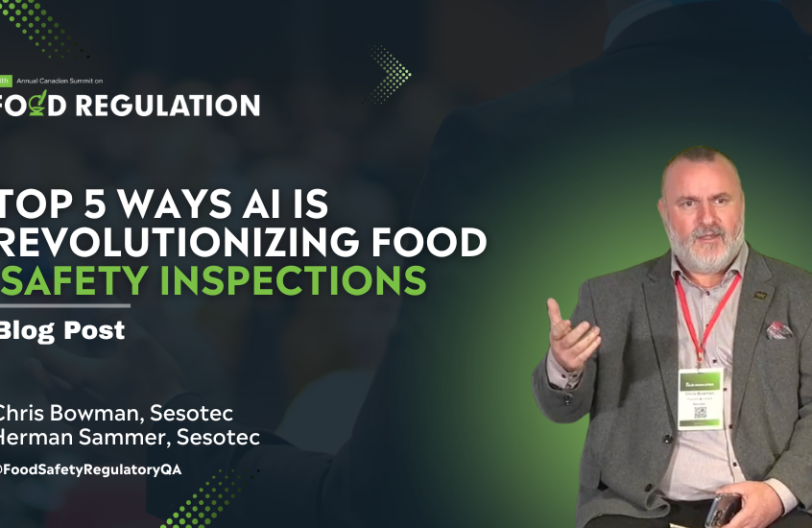Executive Summary
As consumer demand for sustainable and environmentally friendly products grows, food and beverage brands are increasingly marketing their products with “green” claims. However, this trend has led to a surge in greenwashing allegations—claims that a company’s environmental practices or products are misleading or unsubstantiated. This whitepaper explores the evolving legal landscape around greenwashing, outlines the risks for food and beverage companies, and provides actionable strategies for compliance and brand protection.
Introduction
Greenwashing is under the microscope. Regulatory bodies, class action lawyers, and consumers are scrutinizing environmental claims more than ever before. In the United States, lawsuits and regulatory actions are on the rise, and similar trends are emerging in Canada and globally. Food and beverage companies must understand the legal risks and proactively manage their environmental messaging to avoid costly litigation and reputational damage.
Section 1: The Legal Landscape of Greenwashing
1. Definition and Examples
Greenwashing refers to marketing that misleads consumers about the environmental benefits of a product or company. Examples include:
- Claims of “100% recyclable” packaging when only a portion is recyclable
- Using vague terms like “eco-friendly” without substantiation
- Highlighting a single green attribute while ignoring negative environmental impacts
2. Regulatory Frameworks
- United States: The Federal Trade Commission (FTC) Green Guides set standards for environmental marketing claims. The FTC has increased enforcement and is updating its guidelines.
- Canada: The Competition Bureau and Canadian Standards Association provide guidance on environmental claims. The Bureau has issued warnings and taken enforcement action against misleading green claims.
- Europe: The EU’s Unfair Commercial Practices Directive and new Green Claims Directive are raising the bar for substantiation and transparency.
3. Litigation Trends
- Class actions in the US are targeting food and beverage companies for alleged greenwashing, especially around packaging and sustainability claims.
- Canadian class actions are emerging, often inspired by US cases, though the legal framework and damages are different.
Section 2: Risks of Greenwashing for Food & Beverage Brands
1. Legal and Financial Risks
- Regulatory fines and penalties
- Class action lawsuits and settlements
- Increased scrutiny from competitors and watchdog groups
2. Reputational Risks
- Loss of consumer trust and brand loyalty
- Negative media coverage and social media backlash
- Long-term damage to brand equity
3. Operational Risks
- Costly product recalls or packaging changes
- Disruption to supply chains if claims are challenged
Section 3: Strategies for Compliance and Risk Mitigation
1. Substantiate All Environmental Claims
- Collect robust evidence for every green claim (e.g., third-party certifications, lifecycle analyses)
- Avoid vague or absolute terms like “eco-friendly” or “zero waste” unless fully supported
2. Cross-Functional Collaboration
- Involve legal, regulatory, marketing, and product development teams early in the process
- Establish regular touchpoints to review claims and ensure alignment
3. Monitor Regulatory Developments
- Stay updated on evolving FTC, Competition Bureau, and EU guidelines
- Anticipate changes and adapt marketing strategies proactively
4. Train and Educate Teams
- Provide training for marketing, sales, and product teams on greenwashing risks and compliance requirements
- Develop clear internal guidelines for environmental messaging
5. Prepare for Crisis Management
- Develop a response plan for potential greenwashing allegations
- Monitor social media and consumer feedback for early warning signs
Section 4: Case Studies
1. US Class Action: Packaging Claims
A major beverage company faced a class action for labeling its bottles as “100% recyclable” when local recycling facilities could not process certain components. The case resulted in a settlement and changes to marketing language.
2. Canadian Enforcement: Compostable Packaging
A Canadian food brand received a warning from the Competition Bureau for advertising packaging as “compostable” without evidence that it would break down in municipal composting facilities. The company revised its claims and avoided further penalties.
Section 5: Looking Ahead
- Expect increased regulatory scrutiny and consumer awareness around green claims.
- Companies that invest in substantiation, transparency, and cross-functional collaboration will be best positioned to avoid greenwashing pitfalls and build lasting brand trust.
Conclusion
Greenwashing is a growing legal and reputational risk for food and beverage brands. By understanding the regulatory landscape, substantiating claims, and fostering collaboration across teams, companies can confidently market their sustainability efforts—while protecting themselves from costly litigation and reputational harm.
Action Checklist
- Audit all current environmental claims for substantiation
- Update marketing materials to align with latest regulatory guidance
- Train teams on greenwashing risks and compliance
- Monitor regulatory and litigation trends
- Develop a crisis response plan for greenwashing allegations
This whitepaper is based on the 2024 Food Regulation Summit featuring speakers: Samantha Strenzke of Sleeman Breweries, Shelly Kubik of Heinz, Sharon Seung of Pizza Hut and Martin Gravel of Camfil Canada.



